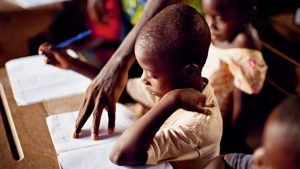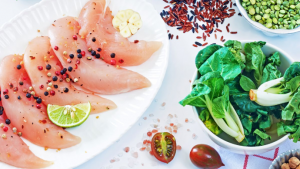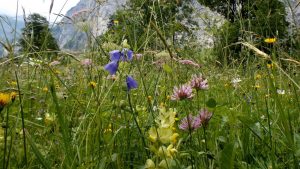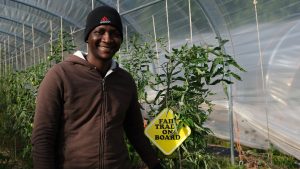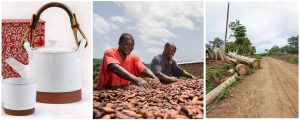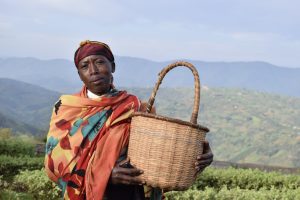
TDC launches call for proposals
TDC is launching a call for proposals for African MSMEs and producer organizations active in sustainable production and trade for initiatives that improve the management of their organization and access to the market. Deadline for application is September 10!

